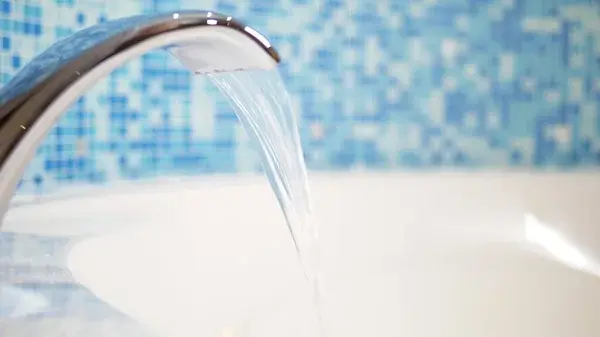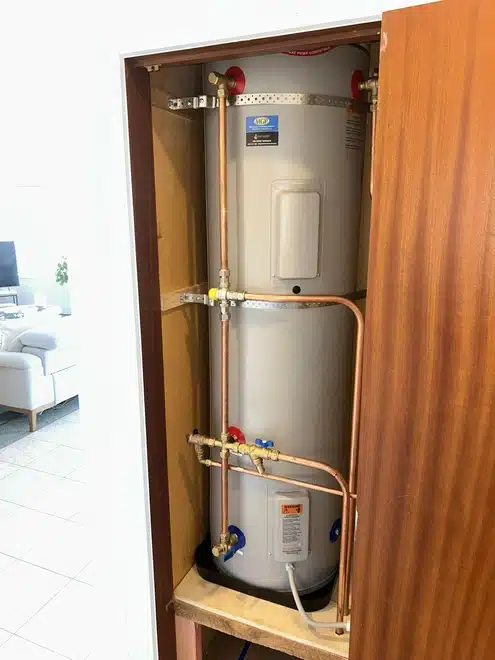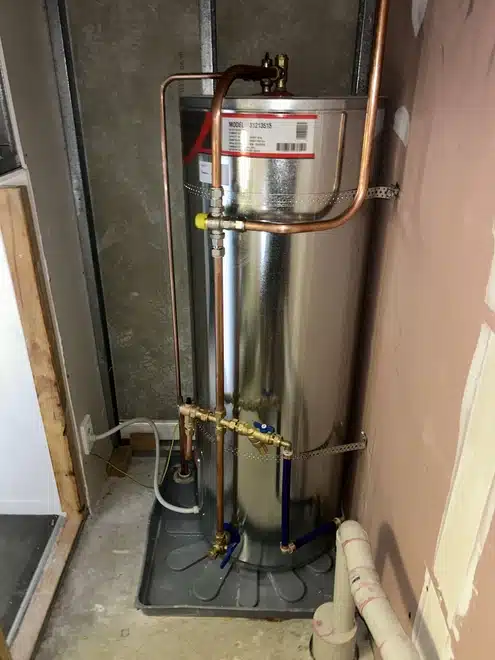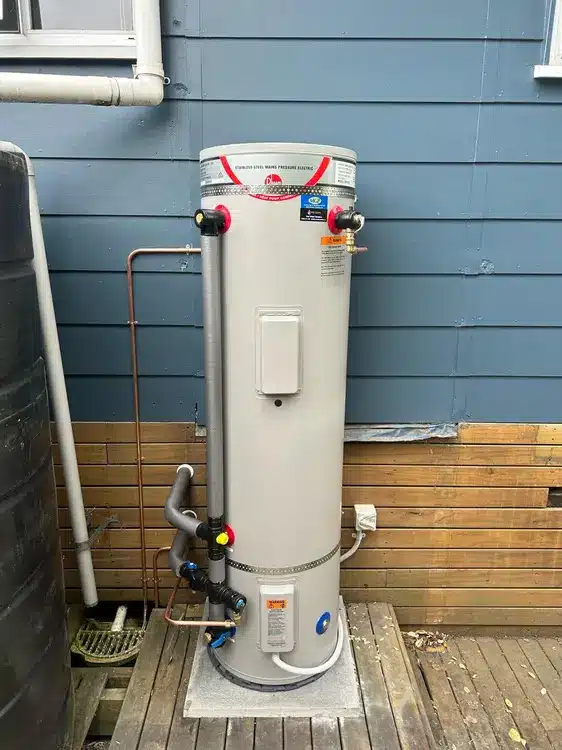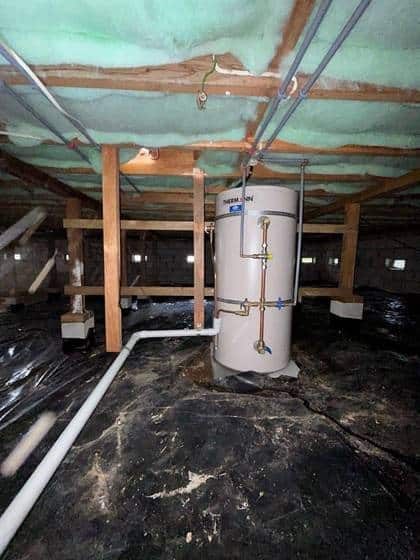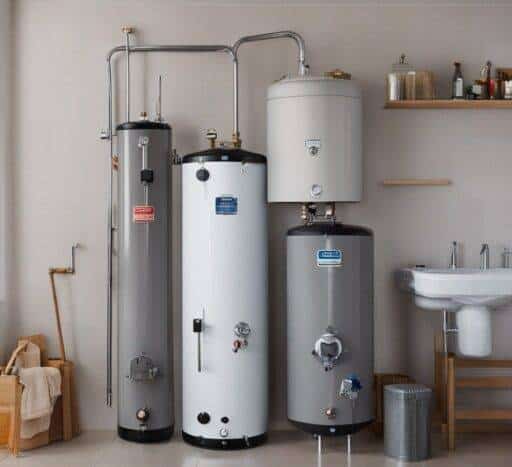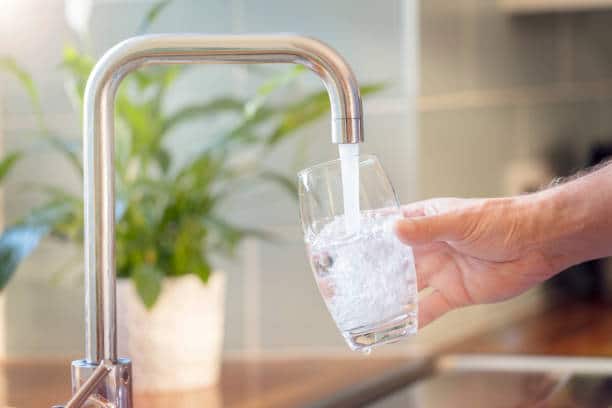Assessing Your Current Cylinder
Before arranging installation of a new hot water cylinder, some key assessments of your existing unit can help identify if replacement is truly needed:
Age – Cylinders over 10 years old may have corrosion or insulation degradation issues affecting efficiency.
Leaks – Check for any drips, rust spots or damp areas that signal water leaks.
Pressure – Use a pressure valve to test if your cylinder pressure falls in the safe 200 to 500 kPa range.
Capacity – Estimate your household’s daily hot water usage. Undersized cylinders can lead to shortages.
Temperature – Measure your cylinder’s output temperature. Consistently low or high temps signal problems.
Noise – Knocking or banging noises may indicate mineral buildup and corrosion requiring replacement.
If your current cylinder is aging, leaking, corroded or unable to meet your hot water needs, replacement is likely the better option versus repairing old failing components.
Choosing an Appropriate Replacement
With an older cylinder, upgrading to a newer more efficient hot water unit can save on hot water costs. Consider:
Efficiency – Look for A or B efficiency rated cylinders with good insulation.
Size – Choose the appropriate capacity in liters based on your household’s usage.
Fuel type – Compare electric, gas, and heat pump cylinders.
Warranty – Opt for cylinders with warranties of at least 5-10 years.
Brands – Trusted brands like Rheem, Dux, and Stiebel Eltron are good options.
Smart controls – newer cylinders have digital controls and thermostat optimization.
Getting the right sized and type of hot water cylinder for your home’s needs ensures optimal efficiency and performance.
Hiring Professional Installers
When installing a new cylinder, having qualified Wellington plumbers handle the project is strongly advised over DIY:
Experience – Professionals have expertise installing many cylinders.
Compliance – Plumbers ensure the installation meets regulations.
Tools – Proper equipment makes the install faster and less labour intensive.
Safety – Reduced risk of leaks, pressure issues, gas, or electrical faults.
Warranties – Using a certified installer may be required to validate warranties.
Backup – Established plumbers offer continued support if any issues arise.
Don’t risk safety or compliance problems by attempting cylinder replacement yourself without plumbing expertise.
Questions to Ask Prospective Plumbers
When selecting your cylinder installation pro, ask:
Are you licensed? – Confirm they are registered plumbers.
What is your cylinder experience? – Choose an installer with many cylinder installs.
Are you certified by major brands? – Look for authorized installers of Rheem, Dux etc.
Can you assess my existing setup? – Ensure proper specifications for replacement.
Do you handle permits and consent? – Installers should coordinate permits.
What safety steps do you take? – Response shows professionalism.
How long is your work guaranteed? – Plumbers should provide a labour warranty.
Can I see examples of your work? – Review their cylinder project portfolio.
Thoroughly vetting plumbers gives confidence in their skills and protects against shoddy workmanship.
Considerations for Installation Day
On the day of your cylinder installation, keep these tips in mind:
Clear access – Remove obstacles blocking water heater access for the installers.
Safety first – Ensure pets and kids do not interfere with the technicians.
Discuss all steps – Understand the full process and timeline before starting.
Water shutoff – Prepare for water supply shutdowns as old cylinder is removed.
Ask questions – Have plumbers explain each step so you learn.
Review results – Verify new cylinder temperature and pressure after the install.
Inspect thoroughly – Check for any leaks once water supply is restored.
Confirm cleanup – Plumbers should remove all old parts and leave the space tidy.
Closely overseeing the installation process reduces the chance of issues and helps you understand your new system.
Ongoing Cylinder Maintenance
After your new cylinder is professionally installed, be sure to maintain it properly:
Flush annually – Drain sediments that accumulate over time.
Inspect anode – Help prevent corrosion by replacing the anode every 2-3 years.
Clear inlet filter – Keep free of debris that can impede flow.
Monitor pressure valve – Ensure valve opens if pressure exceeds safe limits.
Check insulation – Repair any degraded cylinder insulation to maximize efficiency.
Proactive maintenance helps your new cylinder operate optimally for many years to come.
Final Words
Upgrading your old and inefficient hot water cylinder can provide significant savings on water heating costs in your Wellington home. But finding qualified local plumbers you can trust to complete the installation correctly is paramount.
Do your research to hire skilled hot water cylinder installation pros with strong knowledge, experience, and safety diligence. Contact us on our contact us page and we will be more than glad to answer your queries. Or give us a call on 0800 497658.
At Hot Water Solutions all we do is hot water.

